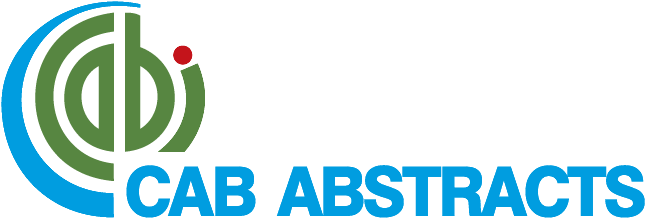Educommunication and communication for social change: a proposal aimed at the elderly
DOI:
https://doi.org/10.56294/cid2024.94Keywords:
Info-communication skills, educommunication, communication for social change, educommunication strategy, elderly peopleAbstract
Educommunication is a field of Communication for Development that lacks theoretical and practical integration. In turn, communication for social change is presented as an approach oriented towards the conscious and participatory resilience of the subjects involved in the transformation process. Both paradigms are inseparable and are assumed to be an alternative for educating social groups following the principles of equity, social justice, collective responsibility and respect for self-determination. In this sense, the general objective of the present research is the elaboration of a proposal for an educommunicative strategy oriented towards the formation of infocommunicational competences in older people from the Chair of the Elderly at the University of Havana, based on the models of Washington Uranga and Carlos Núñez. To this end, a systematization of the theoretical assumptions on educommunication and communication for social change was carried out. The models of the aforementioned authors were characterized in order to select the fundamental aspects that would structure the proposal. The elements to be included in each phase of the strategy were determined, taking into account the criteria provided by those involved in the questionnaire applied during the research. The willingness to learn, innovate, participate and transform themselves served as common denominators in the structuring of the final project.
References
Calzadilla, G. (2018). Caracterización de los procesos de comunicación educativa en las Escuelas Primarias “Gonzalo de Quesada” y “1ro de enero” [Tesis de Licenciatura, Universidad de La Habana].
Nuñez, C. (2003). ¿Qué es planeación estratégica? En González, N., Barrios, I., Padrón, A.R., y Rodriguez, M. (Ed.), Selección de Lecturas: Comunicación y Grupo (pp. 111- 121). La Habana, Cuba: Organización Alemana Pan para el Mundo.
Nuñez, C. (2005). Educación popular: una mirada de conjunto. Decisio, pp. 3-14. https://infocdmx.org.mx/escuela/curso_capacitadores/educacion_popular/decisio10_sab er1.pdf
Uranga, W. (2007). Prospectiva estratégica desde la comunicación. Una propuesta de proceso metodológico de diagnóstico dinámico y planificación. Buenos Aires. https://www.cfp5.edu.ar/aula/bibliografia/lainclusion/URANGA.pdf
Uranga, W. (2016). Conocer, transformar, comunicar. Ciudad Autónoma de Buenos Aires, Cuba: Patria Grande.
Uranga, W. (2020). La gestión: proceso integral. En W. Uranga y T. Vargas (Coord.), Planificación y Gestión de Procesos Comunicacionales. Taller de Planificación de Procesos Comunicacionales (cátedra I) Facultad de Periodismo y Comunicación Social UNLP (pp. 40-54). La Plata, Argentina: Dirección de Cuadernos de Cátedra / Secretaría de Asuntos Académicos.
Published
Issue
Section
License
Copyright (c) 2024 Yanela Lázara Rosabal Segarte (Author)

This work is licensed under a Creative Commons Attribution 4.0 International License.
The article is distributed under the Creative Commons Attribution 4.0 License. Unless otherwise stated, associated published material is distributed under the same licence.






